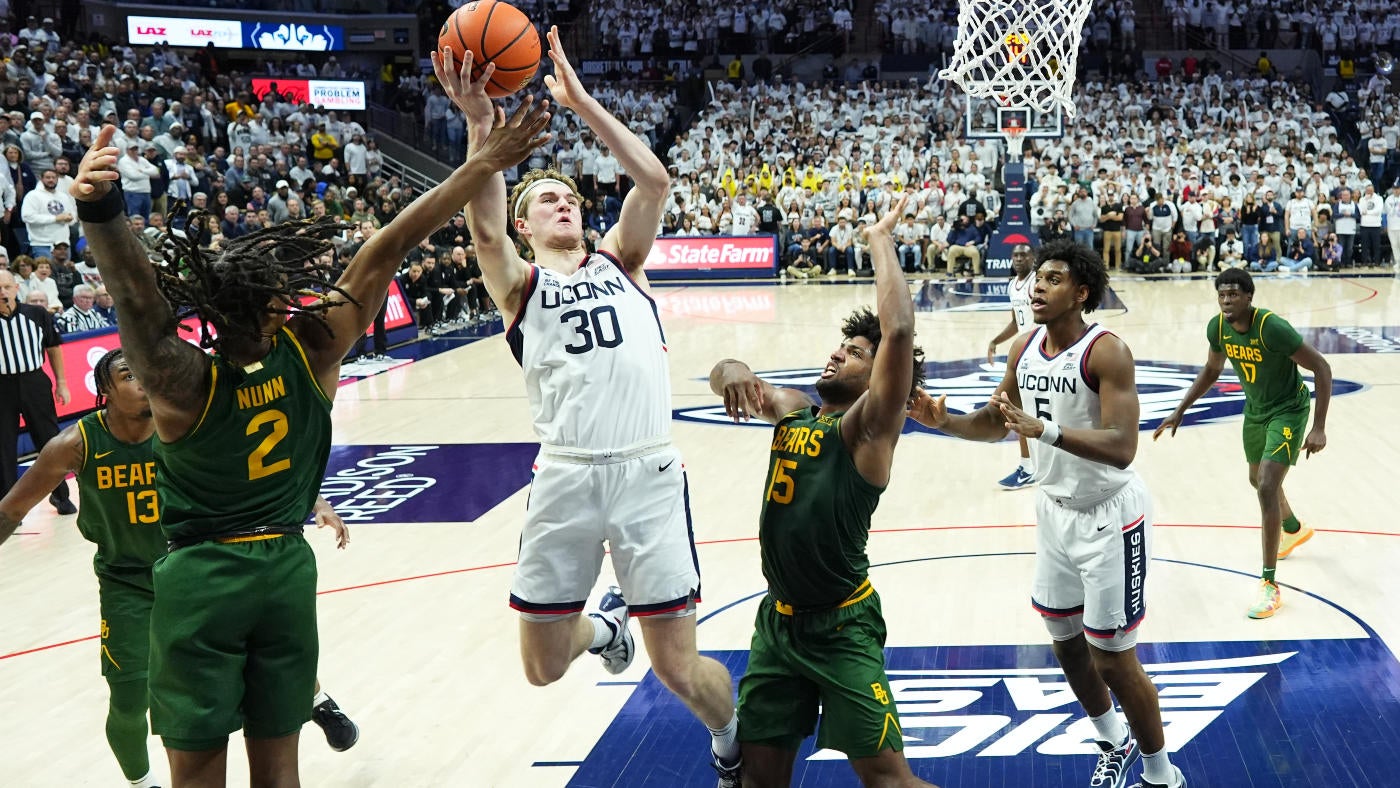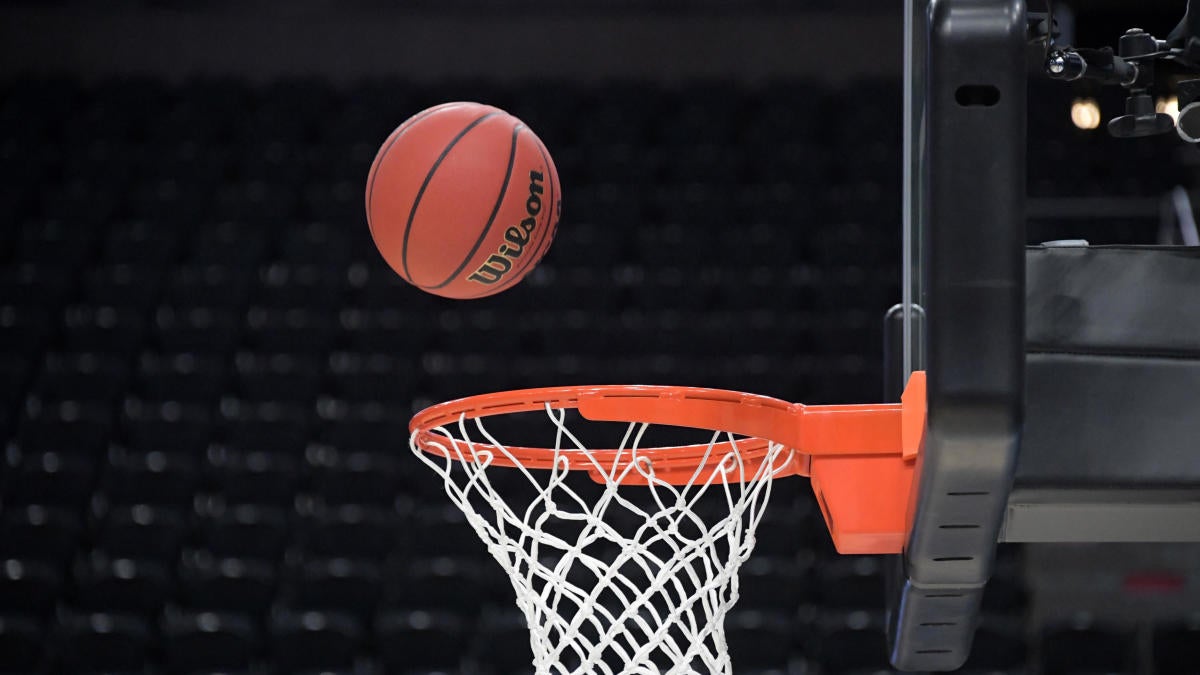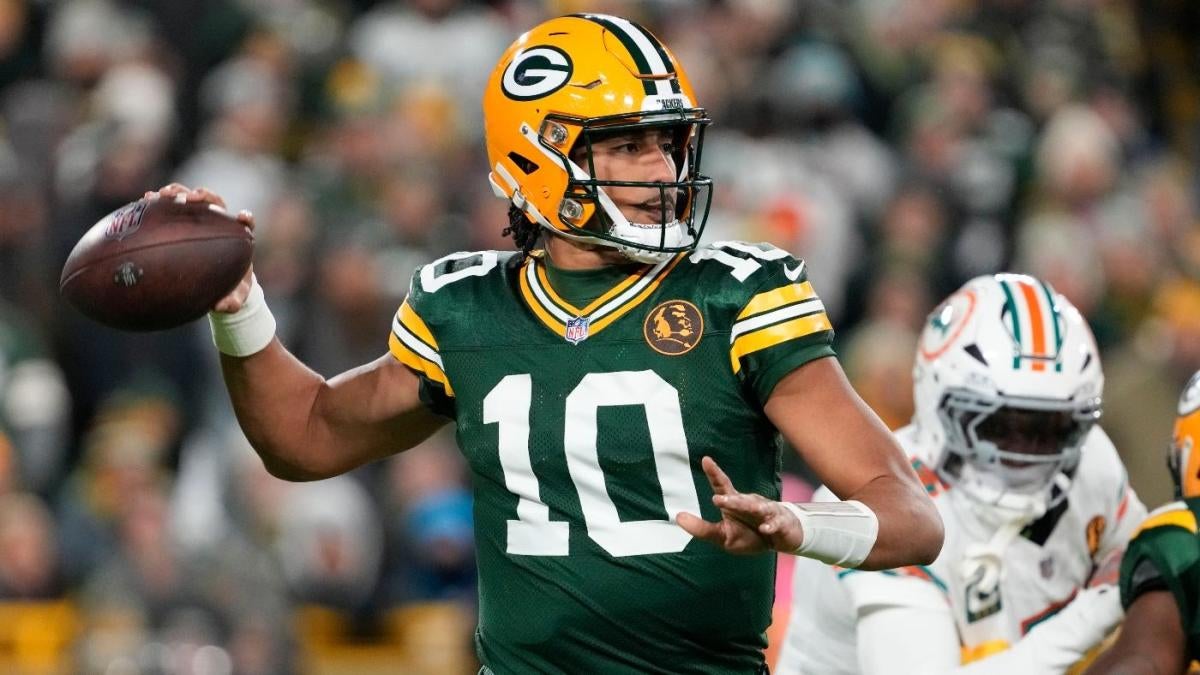
STORRS, Conn. – NBA scouts and executives had two early dates circled in the Northeast since the college schedules were first released. BYU at Providence on Tuesday and Baylor at UConn on Wednesday, only about 50 miles west. The consecutive nights would showcase potential NBA Draft lottery picks like BYU’s Egor Demin, Baylor’s VJ Edgecombe and UConn’s Liam McNeeley, along with other ascending freshmen like BYU’s Kanon Catchings and Baylor’s Rob Wright, and established college veterans like UConn’s Alex Karaban, Providence’s Bryce Hopkins in addition to Baylor’s duo of Norchad Omier, and Jeremy Roach among others.
Predictably, those NBA decision makers were out in full force on Tuesday with 40 scouts and executives credentialed at the Amica Mutual Pavilion, and many of them making it to Gampel Pavilion a night later. Unfortunately, they didn’t exactly get what they expected. In Providence’s 83-64 victory over BYU Demin had his worst game of his short college career, going 0 for 10 from the floor in a season-low 22 minutes. A night later, in No. 25 UConn’s 76-62 victory over No. 15 Baylor both Karaban (head) and Edgecombe (hip) were late scratches from the lineup with injuries, while Roach exited the game at the 15:41 mark of the first-half due to concussion protocol.
Nevertheless, scouts still left with notable data points for a few key NBA Draft prospects.
Egor Demin, BYU
The 6-foot-9 freshman from Russia had lived up to all the hype and then some in the first two weeks of his college career, a bit unusual for young international prospects, even experienced ones, as they adjust to the speed, physicality, and spacing of the college game. Demin looked every bit the part of a big point guard, showing exceptional floor vision and ability to read the game. Even the shooting looked vastly better than advertised as he went 13 of 23 from behind the arc through his first five games of the season.
More recently, as the level of competition has increased, Demin has struggled to make the same impact. While he had 16 points in an OT loss to Ole Miss, he was just 5 of 13 from the floor and 2 of 9 from the 3-point line, he also committed a season-high five turnovers against just four assists. A day later against NC State, he had eight points and assists, but pulled down a season high 11 rebounds to show another area of potential intrigue.
While Providence was obviously a low point in his season so far, and not something scouts will overreact to, it did illuminate key variables that will be important for scouts to monitor in the coming months. The Friars are an aggressive defensive team. They often extend their defense and pressure opposing ball-handlers. BYU looked somewhat concerned with Demin’s ability to handle that pressure, even moving him off the ball for notable stretches from the very first minutes of the game. Once the offense got into the halfcourt, they would often put him in positions to facilitate, but now the Providence defense was designed to prevent him from beating them with his passing ability, so instead of rotating on his penetration they often stayed at home and forced him to be a scorer.
USATSI
Demin was unable to make them pay, struggled to exploit mismatches or get deep enough into the paint to turn 7-footers into layups or dunks. Simultaneously, the jumper which had been a source of optimism early on, hasn’t been able to maintain the same level. He’s now 2 of 16 from behind the arc in the last three games and there are mechanical issues tied to his release point and trajectory that are becoming more evident.
In totality, where the eval currently sits is with a potential jumbo lead guard who has terrific size, floor vision, and ability to process the game, but a somewhat questionable ability to handle pressure from smaller opposing defenders, and most notably, concerns about whether he can create enough offense for himself, or even utilize his size to exploit mismatches, to create the defensive rotations to open up his passing ability. Defensively too, there are questions, and those are going to be the areas that scouts are monitoring for progress in the next four months.
Liam McNeeley, UConn
With the exception of a scoreless 30-minute night against Dayton, McNeeley has been exceptionally steady for the Huskies to start his freshman season, scoring in double figures in every other game. He opened his college career with 18 points and 10 rebounds against Sacred Heart and followed that up with another double-double against New Hampshire.
With Karaban out of the line-up this week, McNeeley has had to assert himself as one of UConn’s primary scoring threats. When UConn seemed somewhat tentative offensively in the opening minutes of Wednesday’s game, it was a McNeeley drive and tough lefty finish that broke the ice. When it was all said and done, he led the team with 17 points, eight rebounds and three blocks.
What scouts have now seen is exactly what we had been saying about McNeeley in high school. While he’s known for his shooting, he’s a far more versatile scoring threat than he gets credit for. In fact, he was able to put more pressure on the rim yesterday than any other UConn player. While he’s just 3 of 15 from behind the arc in the last three games, the shooting should take care of itself. He was notably out of rhythm on some of his attempts Wednesday and yet still firing with confidence and able to make big shots down the stretch.
The most important variable for McNeeley is going to be on the defensive end. Baylor targeted him, and Aidan Mahaney, on that end of the floor Wednesday. They played with extreme spacing and were effectively able to pull the help-side defenders farther away from being able to help. While McNeeley, like UConn’s defense as a whole, seemed to get better as the game went on, and even showed an ability to stay in some plays with physicality and recover enough to block some shots, there were still times where he was beaten. That’s going to be something scouts watch closely as the year goes on.
Offensively though, there’s a lot to like, even on a night when his shot isn’t falling as normal. His willingness to mix it up on the glass and rebound with bigger bodies is encouraging, as is his ability to take on a leadership role so early in his college career, as he was notably vocal and finding a balance between providing energy and composure in the big moments.
While Edgecombe didn’t play on Wednesday, there was still plenty of discussion among the scouts in attendance about what they had seen so far. The former five-star prospect was a relatively late scratch, and Scott Drew said in the postgame press conference that he would be having an MRI on Thursday.
The hope is that it is just a temporary setback after what was his best game of the season so far last Friday when he went for 20 points on 8-of-16 shooting, including 3 of 6 from behind the arc, against Tennessee. Prior to that trip to Baha Mar Hoops, Edgecombe had been just 3 of 17 from behind the arc. He went 5 of 11 in two games in the Bahamas though, a homecoming for the Bahamian native.
While the athleticism has been every bit as explosive as advertised through seven games, there’s notable skepticism about his size, especially for a player who is more of a wing than a true guard at this point. Nevertheless, his competitiveness, physical tools, defensive upside, and power all add to the intrigue that starts with his athleticism. He was billed as a top five pick coming into the season, but that was largely a media projection, as most scouts acknowledge he has that level ceiling but still a lot of basketball to be played before we get an accurate portrayal of what his draft stock could be come June.
Other notables
- Rob Wright, Baylor: Wright looked like the best player, never mind just freshman, on the floor for stretches on Wednesday night. He finished with a game-high, and season-high, 22 points, on 9-of-14 shooting and four assists against just one turnover. While he clearly stepped up in Roach’s absence, the reality is he’s been hugely impactful regardless of who else is on the floor. He’s a true point guard who has made clear strides physically since arriving at Baylor. While there are questions about his lack of size, he’s notably faster, stronger, and able to play through contact than he was last year in high school, when he was widely considered to be one of the best point guards in the country. His floor vision and decision-making has translated in every way and the shooting, which was inconsistent at times in high school, has been exceptional so far as he’s gone 11 of 23 from behind the arc.
- Solo Ball, UConn: Ball looks like the next big-time shot-maker for Dan Hurley’s Huskies, filling a role that Jordan Hawkins and Cam Spencer have held in recent years. In the first-half, his ability to come off screens and make movement threes was critical to UConn’s ability to get back in the game. If it weren’t for second-half foul trouble, he likely would have been a much bigger storyline in this game. Ball, a former top-40 recruit, isn’t a name getting a ton of draft buzz just yet, and it may not happen in the current cycle, but he is a player who is trending in that direction given his continued progress.
- Kanon Catchings, BYU: Catchings had his roughest outing of the year on Tuesday with just three points on 1-of-8 shooting in 23 minutes, and yet there were still signs of intrigue. His fluid court coverage and the potential overlap of his wing size, athleticism, and budding skill is promising. While the Providence game was disappointing, he’s largely been ahead of schedule so far this year and clearly in a good scheme and situation to highlight what he does best. He’s also allowed enough of a runway to play through some mistakes, not just in the stat sheet but in terms of positioning and concepts. While he’s not nearly NBA ready, and may not be for a while, his tools could eventually translate to that level.




